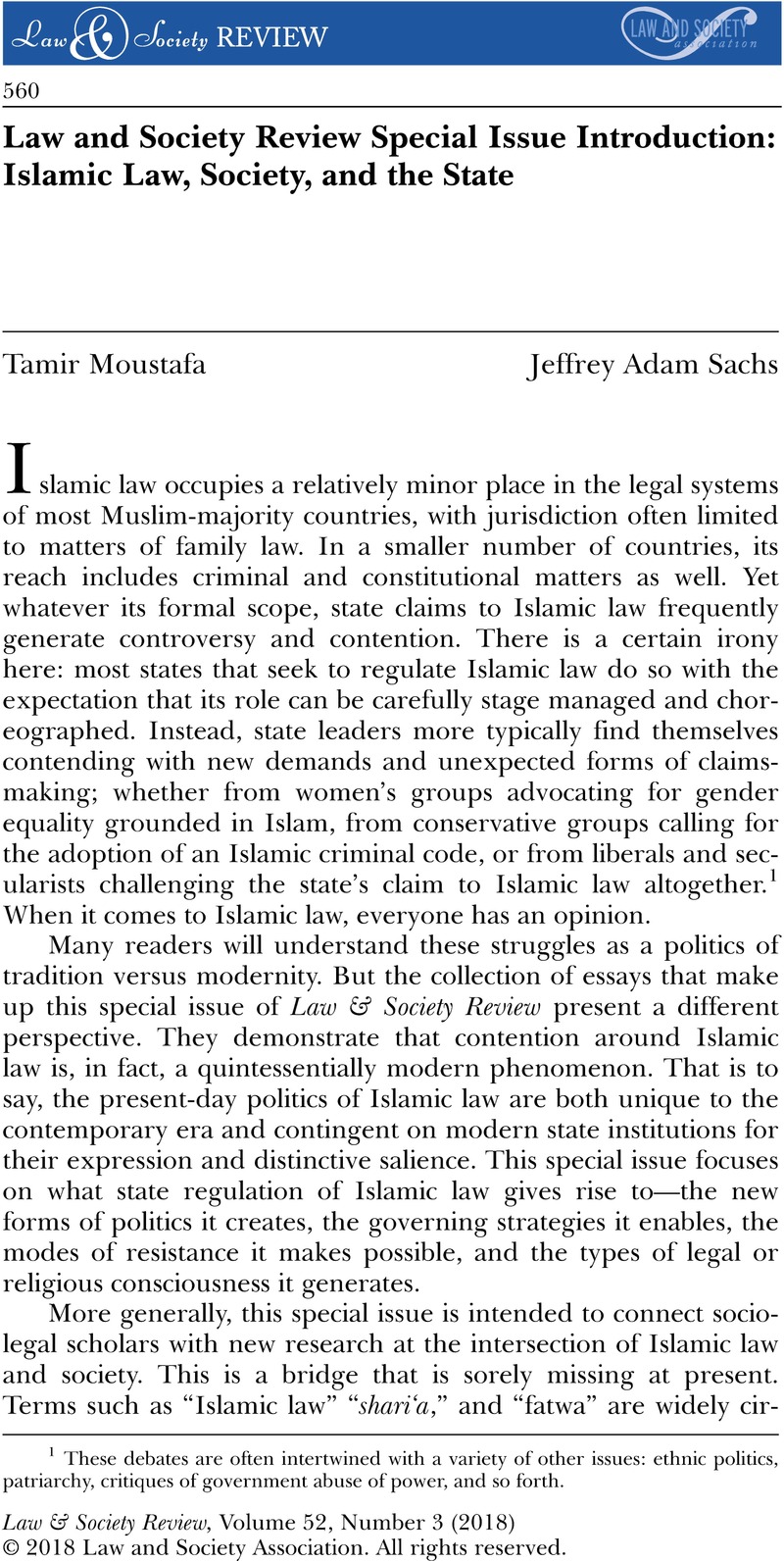Crossref Citations
This article has been cited by the following publications. This list is generated based on data provided by Crossref.
Schonthal, Benjamin
2019.
Buddhist Law Against the State? Representing Religion, Law, and Conflict.
Journal of the American Academy of Religion,
Vol. 87,
Issue. 3,
p.
662.
Alotaibi, Hajed A.
and
Boateng, Francis D.
2021.
The challenges of execution of Islamic criminal law in developing Muslim Countries: An analysis based on Islamic principles and existing legal system.
Cogent Social Sciences,
Vol. 7,
Issue. 1,
Schonthal, Benjamin
2022.
The Case for Religious Constitutions: Comparative Constitutional Law among Buddhists and Other Religious Groups.
Law & Social Inquiry,
Vol. 47,
Issue. 2,
p.
391.





